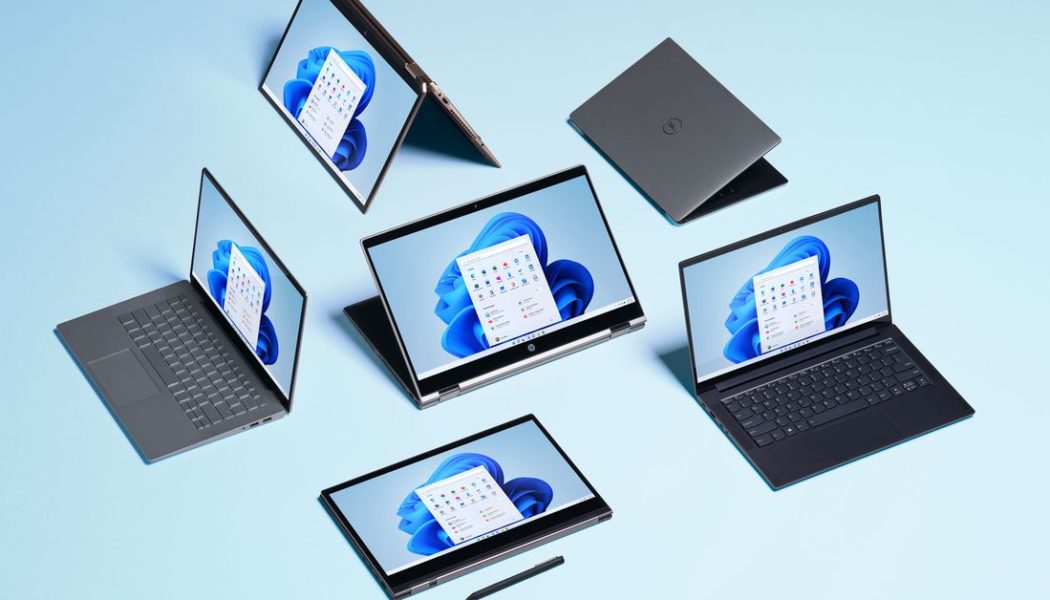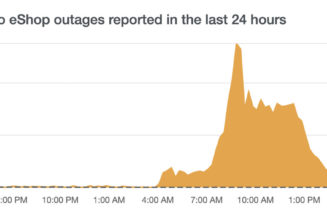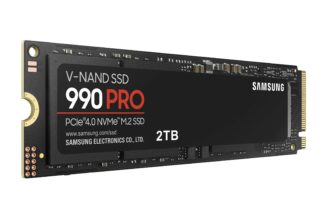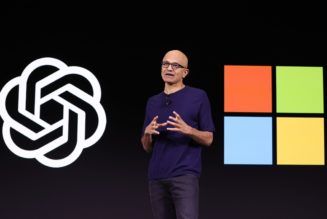
In a blog post today, Microsoft is making another attempt at clarifying the minimum requirements for Windows 11, which have confused many, especially regarding what generation of CPUs the new OS will support. The post is clear that Intel 6th Gen Skylake and earlier CPUs, along with non-Zen AMD processors, will not meet “principles around security and reliability and minimum system requirements for Windows 11.” That lines up with the company’s original statement that Windows 11 would require Intel 8th Gen Coffee Lake or Zen 2 CPUs and up, but there is some hope for Intel 7th Gen Kaby Lake and Zen 1 users.
Where things get confusing again is the news that its first Insider build of Windows 11, which is available today, won’t require TPM 2.0 or specific CPUs. Microsoft will use data from testers to inform potential adjustments to the minimum requirements. Microsoft will be paying extra attention to users with Intel 7th Gen CPUs and AMD Zen 1 CPUs to see if they’re getting the performance that Microsoft is looking for when it comes to reliability and security.
This news seems to confirm people’s fears that Windows 11 won’t support older CPUs, some of which can still keep up with the newer models on a pure performance basis. In the blog post, Microsoft claims that the reason Windows 11 won’t run on those CPUs is to maintain a higher level of security, stability, and reliability.
Microsoft will also be “temporarily removing” the PC Health Check App, which was designed to tell people running Windows 10 whether they’d be able to update their computers to Windows 11. The company says the app “was not fully prepared to share the level of detail or accuracy” that users expected, but it said the app would be available again for Windows 11’s launch in the fall (likely October).










